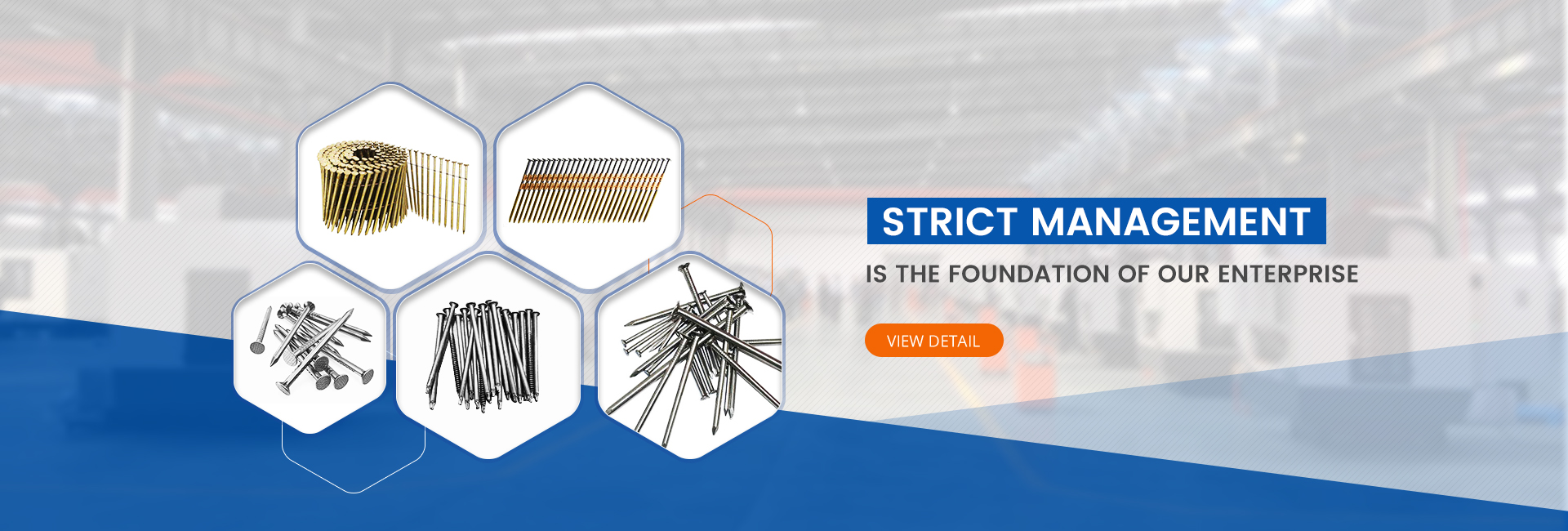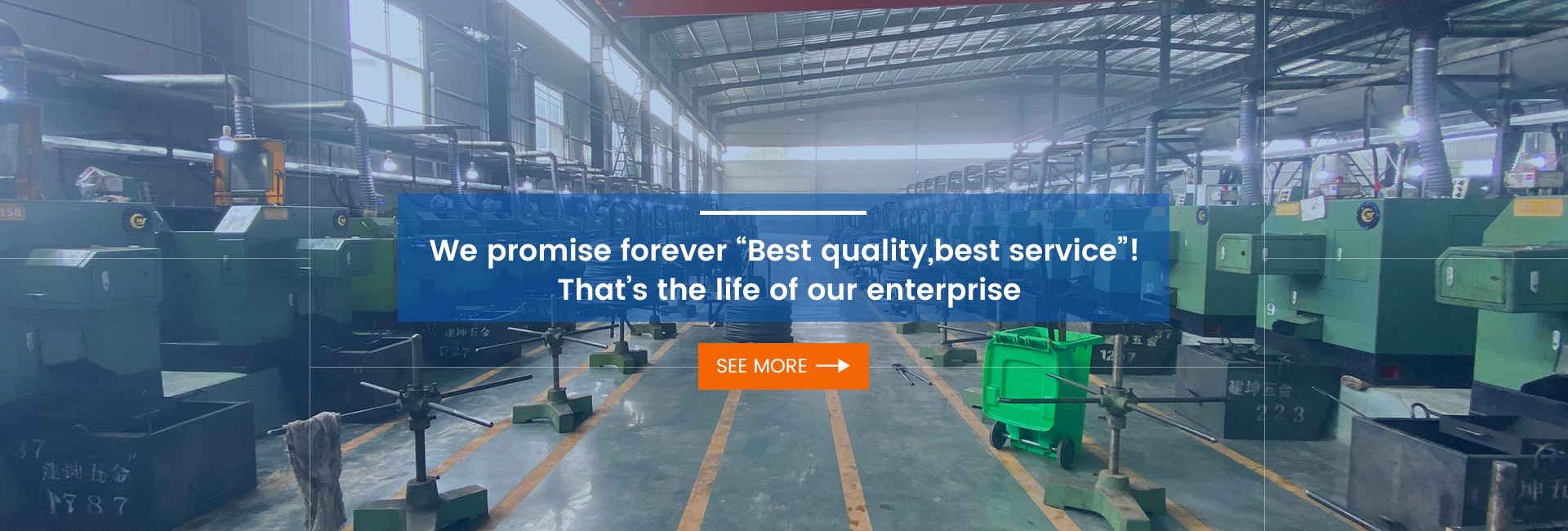As high-efficiency fasteners specifically designed for compatibility with pneumatic tools, coil nails play an indispensable role in a wide range of industrial, construction, and logistics fields, thanks to their coil-based storage that enables continuous nailing and minimizes downtime. In industrial production, threaded coil nails stand out for their spiral-patterned shank, which creates enhanced friction and grip with base materials like solid wood or engineered lumber. This makes them ideal for critical applications such as the assembly of load-bearing furniture frames and the splicing of thick solid wood components. When paired with pneumatic nail guns, they support high-volume production lines, cutting down assembly time by up to 40% compared to traditional single nails and ensuring consistent connection strength across batches. By contrast, smooth-shank coil nails feature a sleek, untextured shank that reduces resistance during penetration, making them perfect for light woodworking tasks—such as securing thin back panels in panel furniture, attaching decorative wooden moldings to walls or cabinetry, and assembling lightweight display racks—where excessive holding power might damage delicate materials.
In outdoor engineering scenarios, rust-resistant coil nails are engineered to withstand harsh environmental conditions. They resist corrosion caused by frequent temperature fluctuations, heavy rainfall, and prolonged UV exposure, making them a reliable choice for projects like laying anti-corrosion wooden boardwalks in parks or coastal areas, constructing outdoor flower stands and pergolas, and reinforcing the structural joints of wooden houses or garden sheds. Without this rust resistance, fasteners would degrade over time, leading to loose connections, structural instability, and costly repairs.
In the packaging and logistics sector, high-hardness slant-tip coil nails feature a sharp, angled tip that pierces through dense materials—such as heavy-duty corrugated cartons, multi-layered cardboard, and thick wooden pallets—with minimal force. This allows workers to quickly secure packages for shipping, reinforce pallet loads to prevent shifting during transit, and seal large crates containing industrial equipment. Their coil storage design also eliminates the need for frequent nail reloads, streamlining operations in busy warehouses and distribution centers where efficiency directly impacts order fulfillment speed. By ensuring tight, secure packaging, these coil nails help reduce the risk of goods being damaged in transit, protecting both the products and the reputation of logistics providers.
Post time: Sep-08-2025



